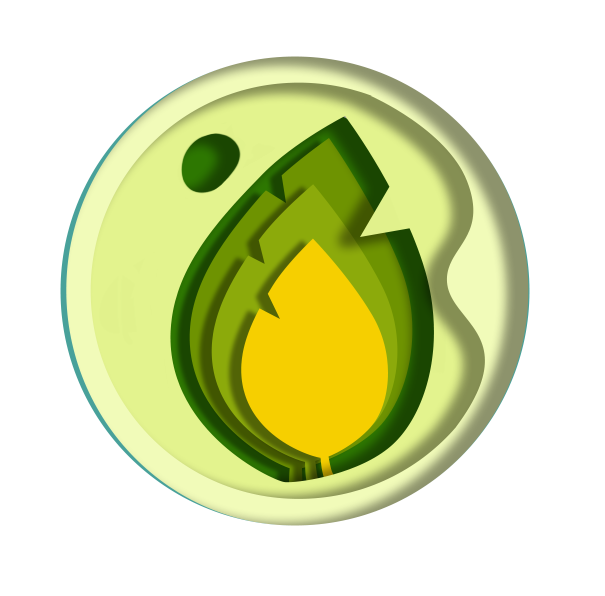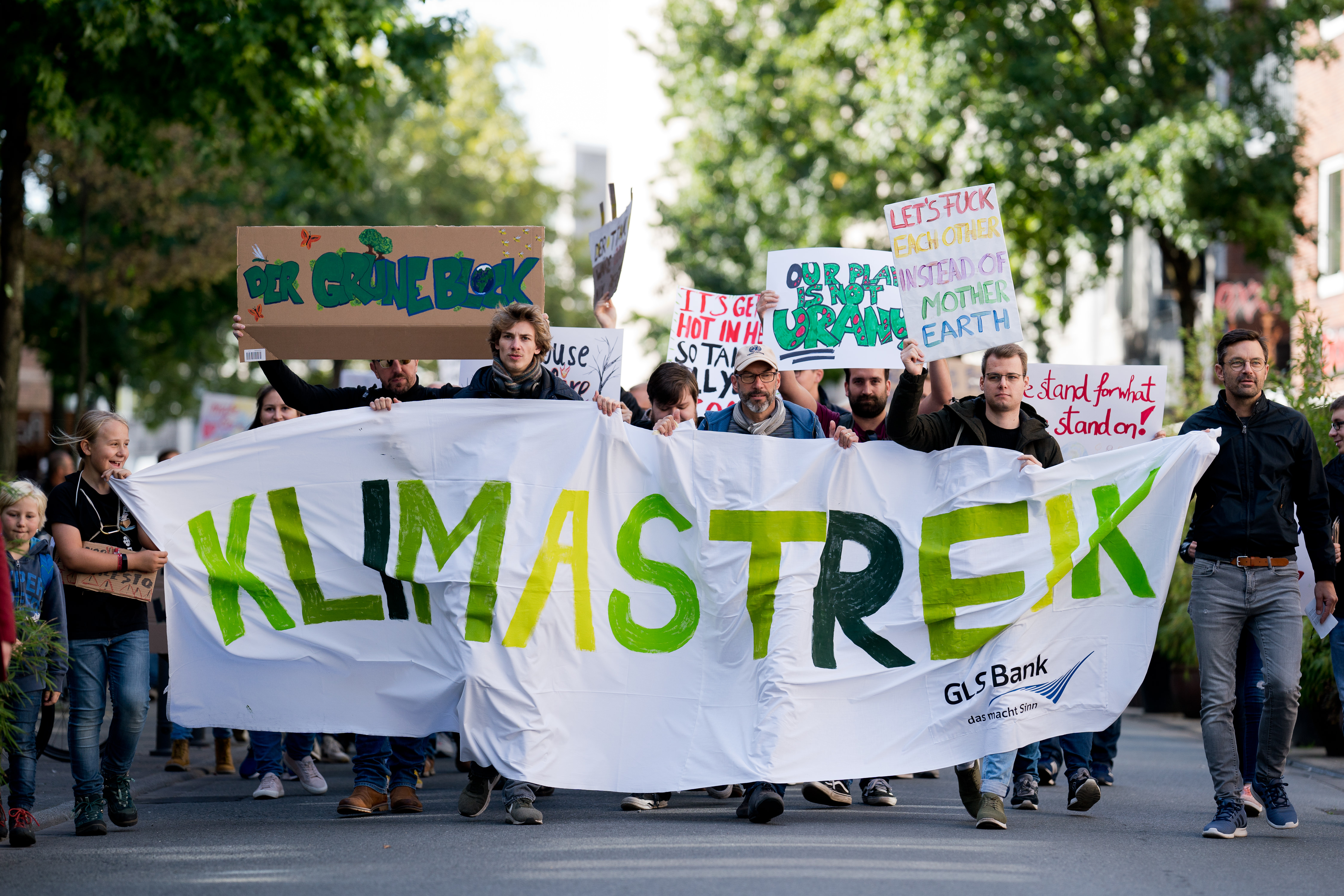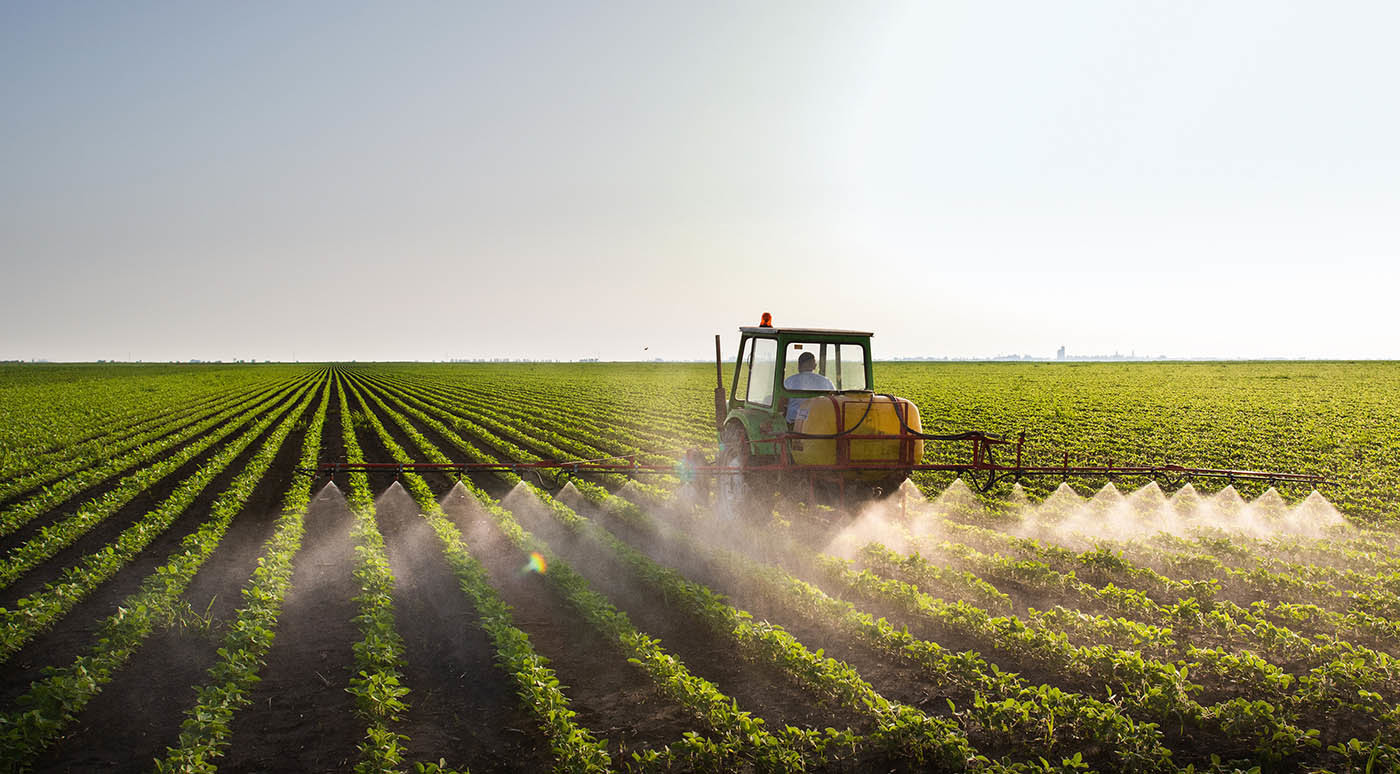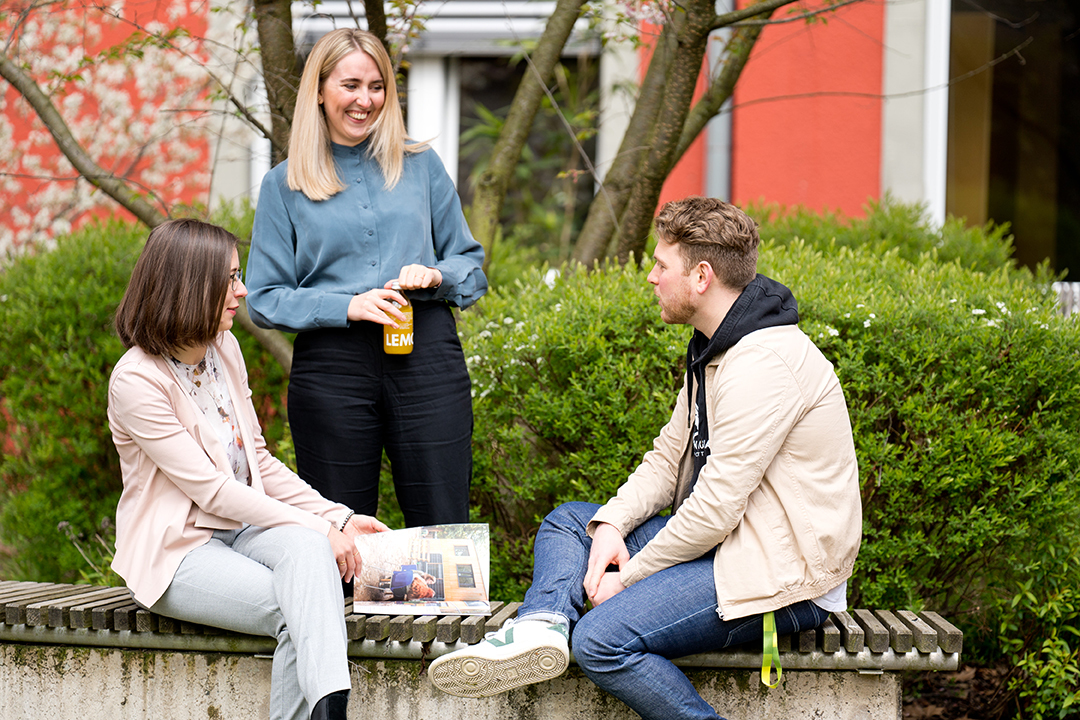Taxation of CO2 emissions without exception
The pollution of air, water and soil cannot be passed on to the general public and future generations any longer. The cost of such damage must be taxed and done so according to responsibility for the pollution.
The CO2
emissions in Germany are decreasing much slower than they could and should be according to international agreements. The consistent transition of all sectors towards CO2-neutral energy sources requires a suitable foundation. We need a fee on the emissions of greenhouse gases through fossil energy sources (“CO2 tax“) to incentivise the use of renewable energy. The amount of the tax could be calculated irrespective of revenue of the existing energy levies and taxes (coal, oil, gas). That way, the costs are no longer externalized, but are attributed to the actual emitter.
The tax would create a clear price signal and incentive to better utilize existing low-emission generating capacities. Additionally, through a CO2 tax the complicated funding structures for renewable energies could become redundant. The competition amongst fossil, nuclear and renewable works best, when long-term environmental damages and risks of destruction are priced according to the responsibility for the (potential) damage done.




